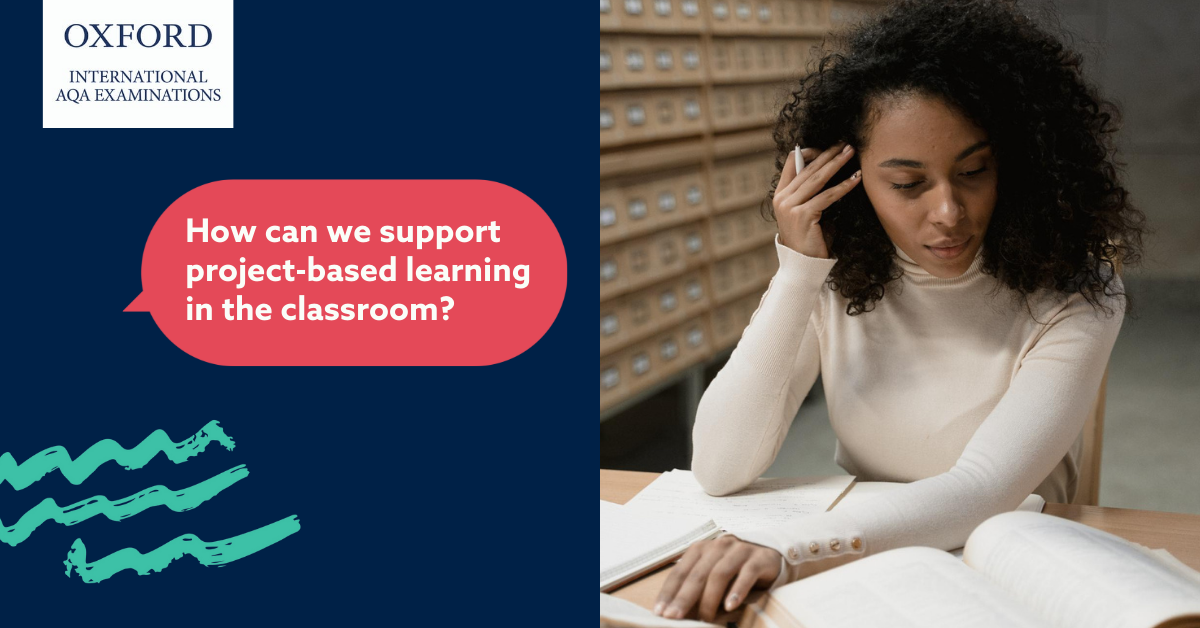What is project-based learning?
While we can and should integrate skill development in all our teaching, project-based learning is a particularly powerful tool to help develop higher-order skills. Project-based learning challenges students to engage deeply with a problem, exploring multiple perspectives and bodies of knowledge, to seek and apply a solution.
The possible focus and content of the project is limitless: students might explore how AI will shape the future of work or evaluate different strategies for protecting whale populations. Project-based learning allows extended exploration and learning.
As they develop and implement their project, students practise and sharpen the skills they need for the future: creative and critical thinking, research and evaluation, cooperation, communication, confidence, humility and self-awareness.
How can we support project-based learning in the classroom?
Project-based learning requires:
- Time and trust. Students will need time to explore and discuss the topic, to make it their own, to practise leading their own learning. If we want our students to step up as leaders, we need to give them the opportunity to lead. If we want our students to learn to communicate across cultural and ideological gaps, we need to give them the opportunity to work through communication challenges.
- Motivation and encouragement. It is our job to enthuse and inspire students, and to challenge and encourage them to take the lead. For projects to work, we need to equip students with the research and analysis skills to engage with their chosen topic critically. We also need to teach them how to manage their time and their workload, all of which are skills that will serve them well in future study and work. Finally, we need to keep our expectations high, whilst maintaining clear paths for communication, so that they can discuss any issues openly.
- Creativity. As teachers, how we present a problem will impact how students approach it. How can we convey the idea that there are many possible solutions? How can we encourage students to think about problems from new perspectives? We need to model the creativity we want to see in our students.
- Emotional intelligence. For our students, encountering a problem and being asked to lead the process of finding a solution can be daunting. Some might savour the creative experience… some might find it terrifying. Our thoughtful guidance is key here, supporting students where they are: providing more guidance for those who need it and allowing more freedom for those who seek it.
Dr Karem Roitman is the lead author of Oxford International Curriculum’s Global Skills Project Curriculum. She co-founded and directs the educational platform Thinkers Meet Up. Karem lectures on Political Philosophy and International Development for the Open University. Her research interests include education, gender, and migration. Karem enjoys teaching students from primary to post-graduate level, and consults on civic, intercultural, and anti-racism education, with a special focus on Latin America.
If you are an OxfordAQA school, join Karem Roitman at the OxfordAQA Partner Schools Conference in November to learn more about how project-based learning can develop essential higher-order skills in students. Visit our conference website to learn more: https://oxfordaqaexams.org.uk/partner-schools-conference
To find out more about OxfordAQA’s project-based qualification, the International IPQ, visit: https://oxford.ly/OxfordAQAipq
